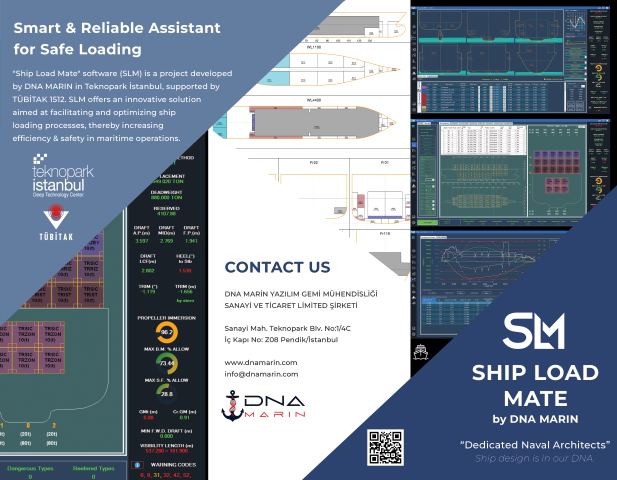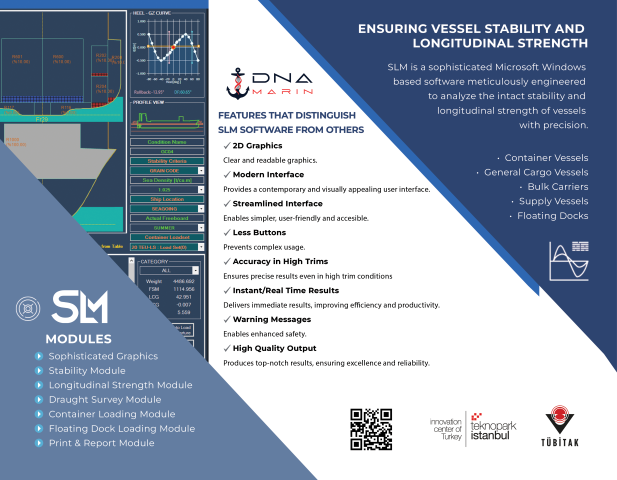Ship Loading Software: Enhancing Efficiency in Maritime Operations
Ship loading software is pivotal in modern maritime operations, offering advanced solutions to streamline and optimize cargo loading onto vessels. In this guide, we’ll delve into its definition, key features, and benefits for maritime businesses.
What is Ship Loading Software?
Also known as cargo loading software, it’s a specialized application aiding in planning and executing cargo loading. It employs advanced algorithms to optimize cargo placement, considering factors like weight distribution and safety regulations.


Key Features of the Software:
Optimized Cargo Placement: The software ensures that cargo is loaded onto the vessel in the most efficient and safe manner possible. Maximizing space utilization while maintaining vessel stability.
Real-Time Simulation: Advanced software often includes real-time simulation capabilities. Allowing operators to visualize the loading process and make adjustments as needed to optimize efficiency.
Safety Compliance: The software helps ensure compliance with international safety regulations and guidelines. Minimizing the risk of accidents and ensuring the safety of crew members and cargo.
Integration with Other Systems: Many software solutions offer integration with other maritime systems, such as fleet management software and port logistics systems. Streamlining overall operations and improving efficiency.
Benefits of the Software:
Improved Efficiency: By automating and optimizing the loading process, the software helps save time and reduce labor costs. Leading to overall improvements in efficiency.
Enhanced Safety: By ensuring compliance with safety regulations and guidelines, the software helps minimize the risk of accidents and injuries during the loading process.
Cost Savings: Efficient cargo loading can result in fuel savings and reduced wear and tear on vessels. Leading to long-term cost savings for maritime businesses.
Increased Profitability: By optimizing cargo loading and maximizing vessel capacity, the software helps maximize revenue potential for maritime businesses.
In conclusion, the software is a valuable tool for modern maritime operations, offering a wide range of benefits including improved efficiency, enhanced safety, cost savings, and increased profitability. By investing in advanced software solutions, maritime businesses can stay competitive in today’s fast-paced global shipping industry.